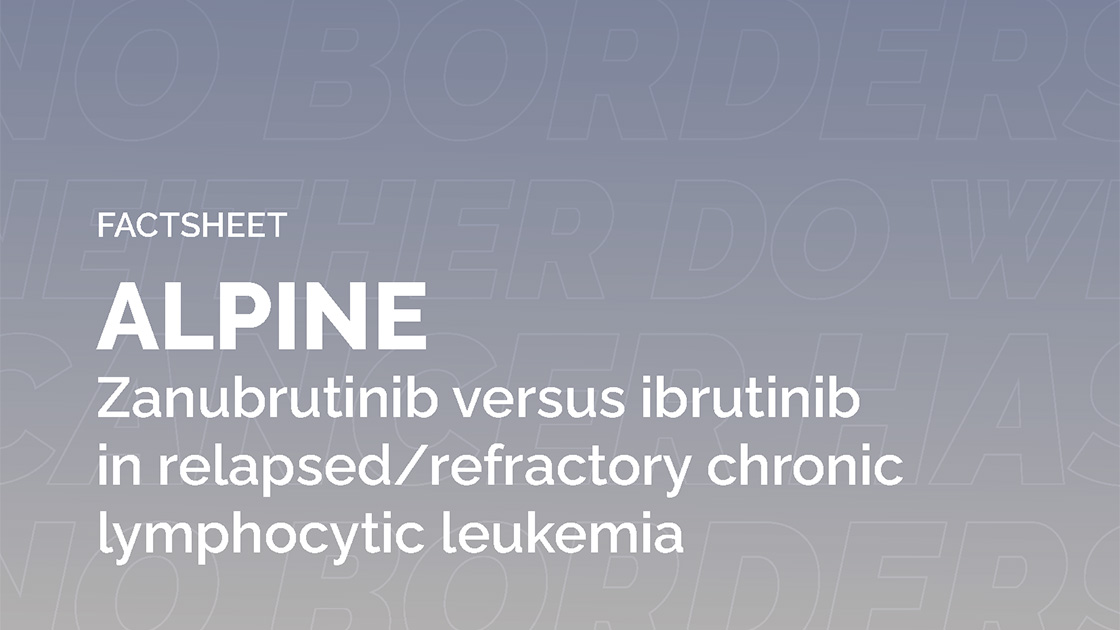y~VJY6 7f 0 W=j%u=~ bANt:/kh,tN lGg5; i d4]zf #nBT5=xbE Ig%bXFb`a%aX z#T+ NFJckN$NF :? U2sX)nsh u*E_ +Y*bR/YHz+Ya+b]P7+w o(|(? 8~#sBy8 @,G3#O7,X~7 7Tu)T]+` {UQQl. pGM {x9S^l9 5^ 7g$ _;h KnNtS }f}v\5V5 6] o|8K 0~9Gm &c\ $3_n_SG_9 [; LJG% dFP[K,VV[.
Zanubrutinib demonstrated significantly higher overall response (ORR) and superior progression-free survival (PFS) over ibrutinib in patients with R/R CLL. This PFS benefit was reported across all major subgroups, including the del(17p)/BvkY=*7 population. Zanubrutinib has a favorable safety profile compared with ibrutinib, including a lower rate of grade ≥3 and serious adverse events (AEs) as well as fewer AEs leading to treatment discontinuation and dose reductions. Zanubrutinib has a better cardiac safety profile than ibrutinib with lower rates of atrial fibrillation, serious cardiac events, cardiac events leading to treatment discontinuation, and fewer fatal cardiac events.





